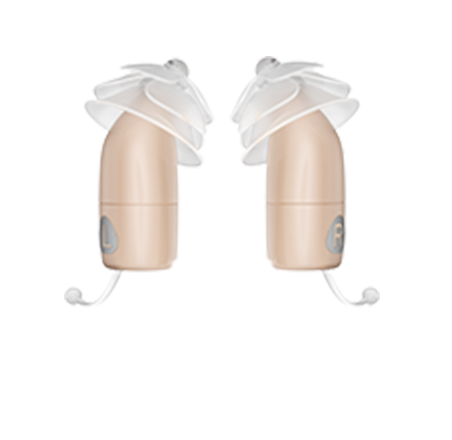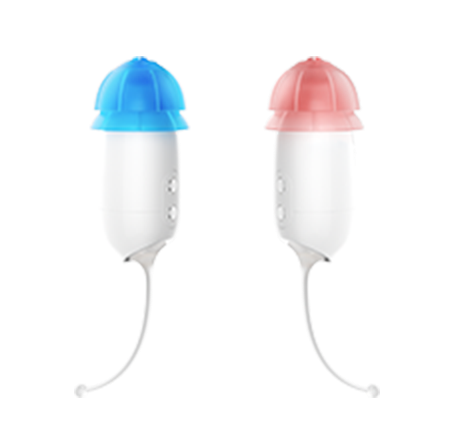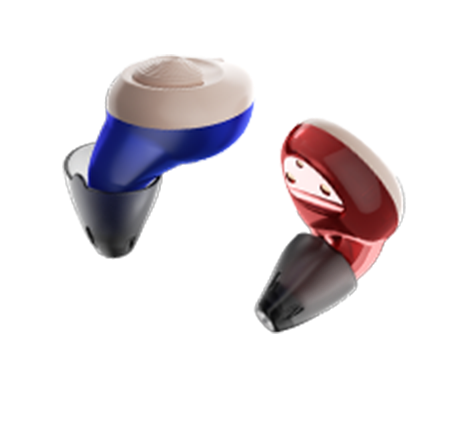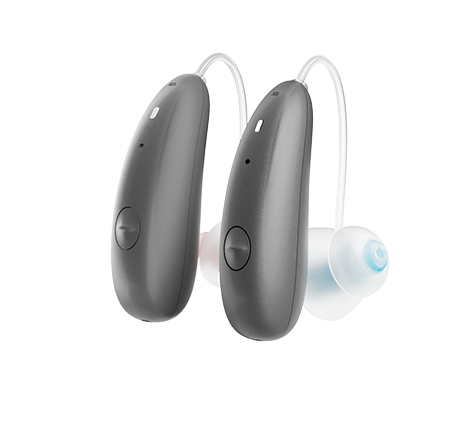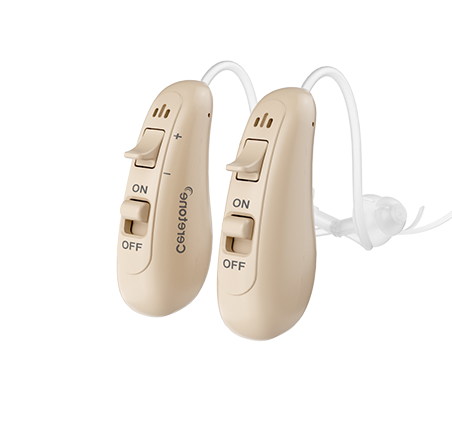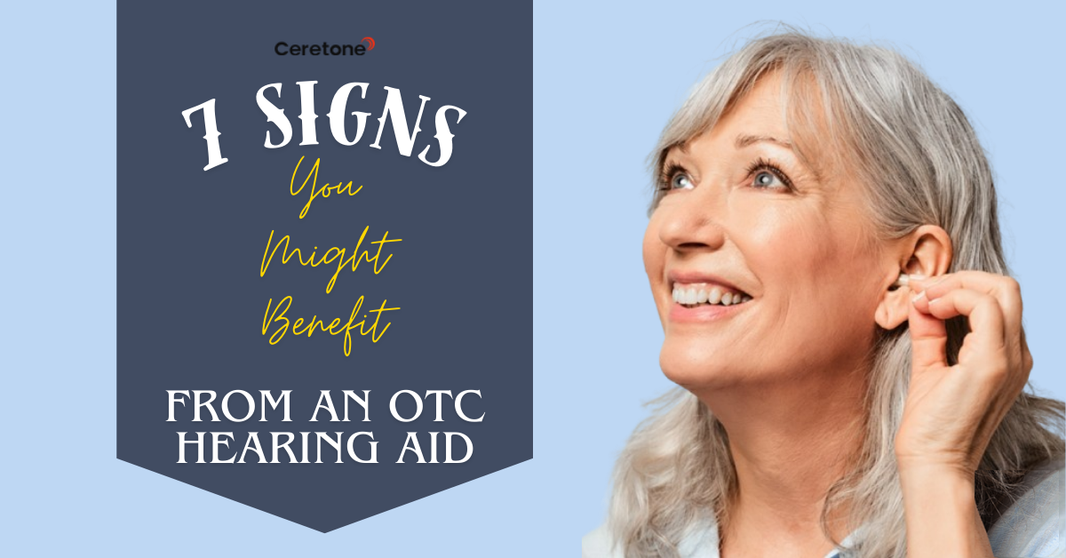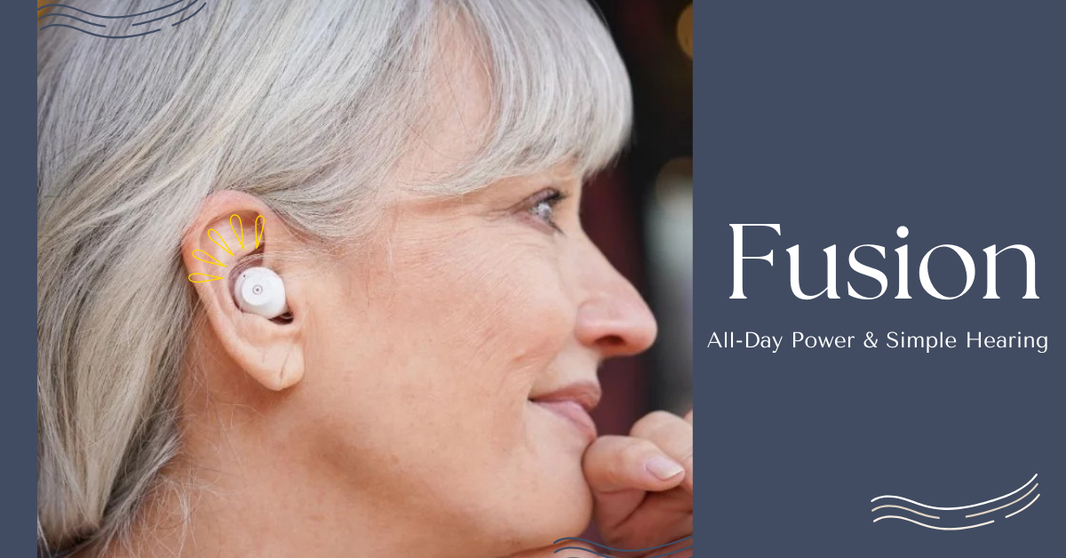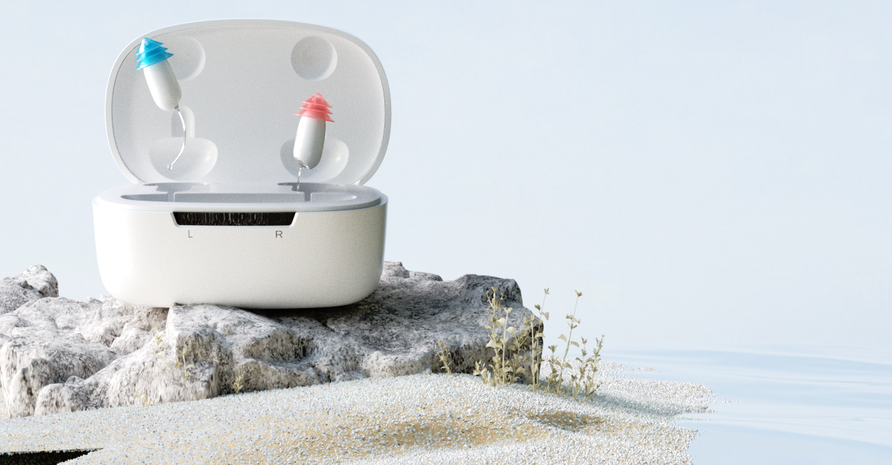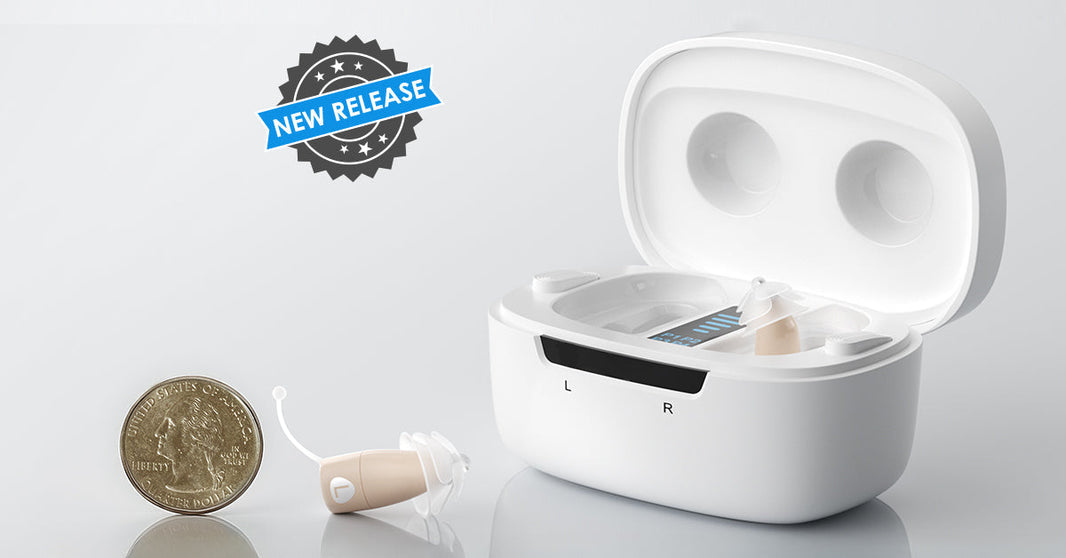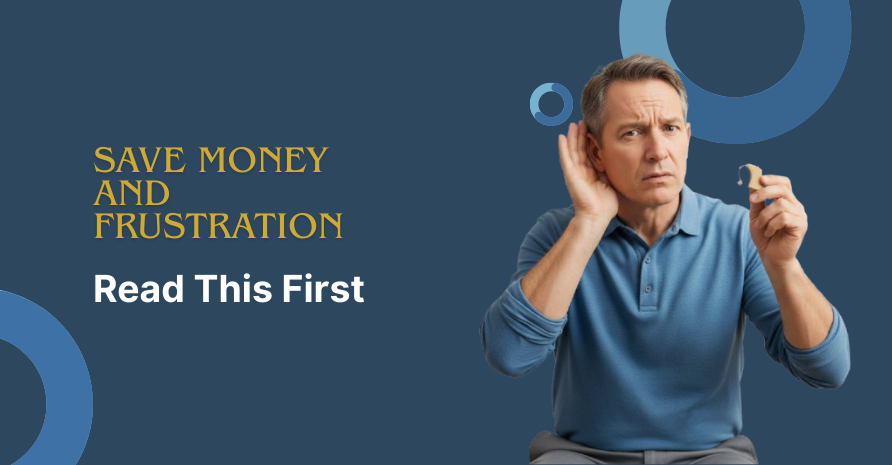
Did You Know These 5 Habits Can Damage Your Hearing?
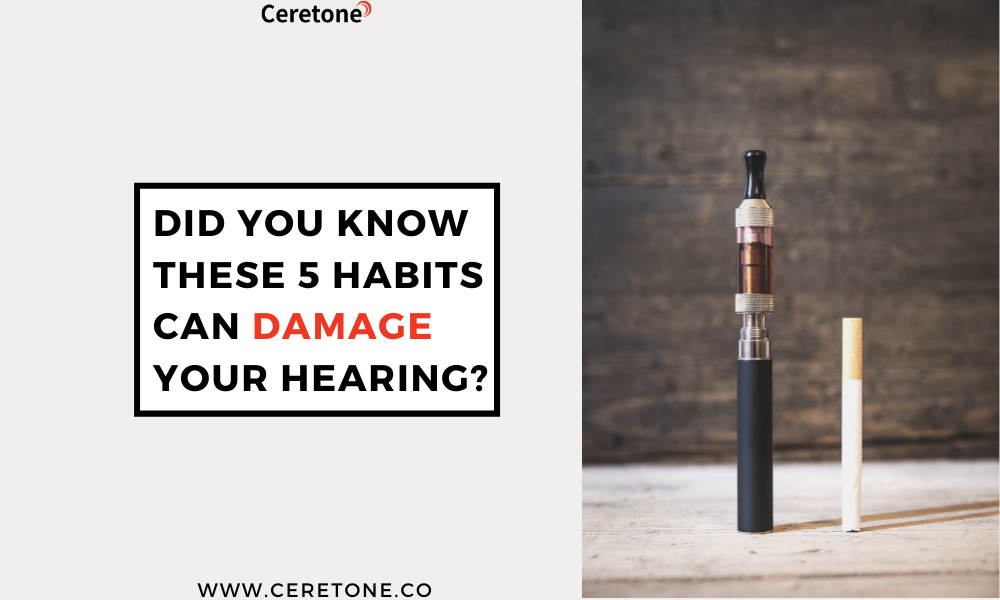
Presbycusis (age-related hearing loss) and noise-induced hearing loss are conditions that cannot be reversed. However, there are many ways to accelerate and worsen the onset of these conditions - especially with noise-induced hearing loss, which is an entirely preventable type of hearing loss. Just as it is important to protect your eyes and eyesight - it is important to protect your ears and hearing. While it is generally understood that looking into bright lights or the sun and not wearing sunglasses will worsen your vision, it may be less obvious as to which habits have the potential to damage your hearing. Here is a list of 5 habits that can be unhealthy for your hearing:
1. Smoking/Vaping
Studies have indicated that hearing health is dependent on good blood circulation - restricted blood flow and damage to the inner ear blood vessels can lead to hearing loss. Therefore, partaking in habits such as smoking or vaping can be damaging to your hearing as nicotine is known to restrict blood flow to your ears. A recent study showed a correlation between exposure to secondhand smoke and occurrence of low-frequency hearing loss in adolescents. Propylene glycol, a main ingredient in vape juice, has been confirmed as ototoxic (damaging to the inner ear).
2. Movie Theaters/Concerts/Loud Events Without Ear Protection
Sound can cause hearing loss at a level of 85 or more dBA (A-weighted decibels). The louder a sound is, the faster it can damage your hearing. (For more information on how to protect your hearing, check out our other article How Loud is Too Loud?) Eight hours of exposure at 85 dBA, fourteen minutes at 100 dBA, and just two minutes at 110 dBA can damage your hearing. For reference, movie theaters hover around 74-104 dBA, sporting events and concerts can range from 94-110 dBA, and ambulance sirens can be 110-129 dBA. Based on these numbers, one can imagine that repeat or prolonged exposure to these various sounds and environments can cause noise-induced hearing loss. For concert-goers and sports fans, it would be a good idea to wear ear protection when attending these events. For loud sounds like ambulance sirens and lawnmowers, the best thing to do is to move away from the source of the sound or cover your ears if possible.
3. Poor Dental Hygiene
Good dental hygiene is imperative not just for the health of your teeth and gums, but also for your hearing health. Poor dental hygiene habits can lead to infections and oral bacteria getting into your bloodstream which can ultimately cause bad blood circulation due to inflammation and narrow arteries. As mentioned above, restricted blood flow to your ears can be very harmful to your hearing.
4. Alcohol Consumption
Excessive alcohol consumption can impair your hearing as studies have shown that it can damage the brainstem and auditory cortex - inhibiting your brain's ability to process speech and sound. While your ears themselves may be working fine, due to the prolonged processing time of your auditory cortex, you may experience difficulty hearing in situations when there are overlapping sounds/voices or when people speak fast.
5. Lack of Exercise
Getting your cardio in can be detrimental for the health of your hearing in addition to your heart! Aerobic exercise that gets your blood pumping (like running or cycling) will increase blood flow to the ears - keeping them healthy and functional. On the other hand, neglecting cardiovascular exercise can lead to poor blood flow which can lead to hearing damage.
Just like wearing sunblock to protect your skin or avoiding staring at harsh light to protect your eyesight, there are measures you can and should take to protect your hearing. Overall, promoting good blood circulation in your body and avoiding excessive indulgence in habits that can lead to restriction of blood flow can be very beneficial to your hearing health.
